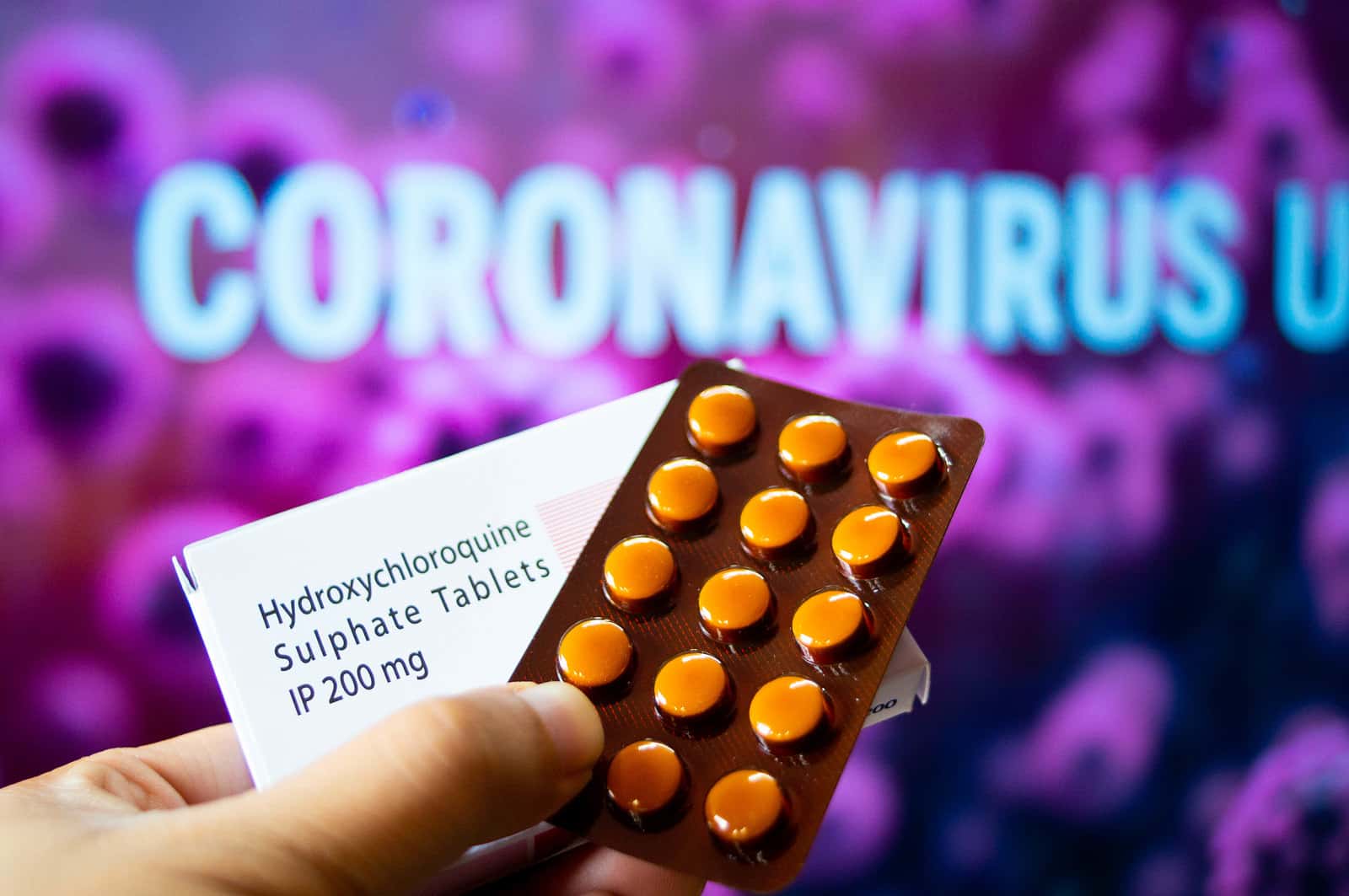
Hydroxychloroquine (HCQ) is one of the most controversial drugs in the pharmacy. Initial research looked promising. But most of these were observational studies. Then came a placebo-controlled, double-blind, randomized clinical trial (RCT). It was designed to determine whether early treatment with HCQ could prevent exposed people from getting the virus. The results were disappointing. Now, there is a new observational study from Michigan. A lot of people will be surprised to learn that hydroxychloroquine worked to save lives.
Health Professionals Love to Hate Hydroxychloroquine:
Like so much surrounding the COVID-19 pandemic, treatment of this disease has polarized the nation. When infectious disease expert Dr. Didier Raoult reported that hydroxychloroquine plus azithromycin worked to speed recovery from COVID-19, many health professionals complained. They found fault with his methodology and his results.
Then two of the world’s most respected medical journals (The Lancet and The New England Journal of Medicine) published observational studies demonstrating that hydroxychloroquine was a bust. But not long after that the authors requested that the two journals retract their research. Needless to say, this was a tremendous scandal for both medical journals. Apparently there were profound problems with the “veracity of the primary data sources.”
A lot of health professionals seemed very happy to see the original negative results. They were surprisingly silent about the retractions.
The First RCT Produced Negative Results:
Then along came gold-standard research from Minnesota. The first randomized controlled trial involved over 800 health care workers or family members exposed to people with COVID-19 infections. It was disappointing. People taking HCQ were not protected from contracting the coronavirus. Supplemental zinc did not make a difference either.
The Michigan Study: Hydroxychloroquine Worked to Save Lives!
Now, a new study published in the International Journal of Infectious Diseases (July 1, 2020) concludes:
“The results of this study demonstrate that in a strictly monitored protocol-driven in-hospital setting, treatment with hydroxychloroquine alone and hydroxychloroquine + azithromycin was associated with a significant reduction in mortality among patients hospitalized with COVID-19.”
Caution! This was an observational study. The authors themselves state:
“Our results also require further confirmation in prospective, randomized controlled trials that rigorously evaluate the safety, and efficacy of hydroxychloroquine therapy for COVID-19 in hospitalized patients. Considered in the context of current studies on the use of hydroxychloroquine for COVID-19, our results suggest that hydroxychloroquine may have an important role to play in reducing COVID-19 mortality.”
How Well Hydroxychloroquine Worked:
We know a lot of health professionals will criticize the Michigan study. It was not a randomized controlled trial. But the findings were statistically significant.
The investigators compared HCQ alone, HCQ with azithromycin, azithromycin alone or neither drug. Patients who were candidates for HCQ received an electrocardiogram and were monitored for abnormal heart rhythms. There were 2,541 patients in the study.
The mortality rate for patients who did NOT get either hydroxychloroquine or azithromycin was 26.4%. On the other hand, the mortality rate for patients who only got HCQ was 13.5%. In addition, the mortality rate for patients who received the antibiotic azithromycin alone was 22.4%. When HCQ was combined with azithromycin, the mortality rate was 20.1%.
Put another way, HCQ alone had a relative risk reduction of mortality of 66%. Hydroxychloroquine plus azithromycin had a relative risk reduction of 71% “compared to neither treatment.” Bottom line: hydroxychloroquine worked!
Putting HCQ into Perspective:
Neither hydroxychloroquine alone or combined with azithromycin was a magic bullet. People on these medications still died from COVID-19. But the results were positive and must not be ignored. And yes, we do need randomized controlled trials to determine safety and effectiveness.
Good News! An RCT is Back on Track:
A large drug trial has been restarted to see whether hydroxychloroquine may help COVID-19 infections. The study, called COPCOV, will recruit 40,000 healthcare workers internationally. They will receive chloroquine, hydroxychloroquine or placebo before being exposed to patients with COVID-19.
The research was halted temporarily following the publication of results from previous trials that suggested the drugs increase the risk of heart rhythm disturbances. However, those studies were retracted because the Surgisphere database on which they were based was not open to audit.
The lead investigator of the COPCOV study is hopeful that hydroxychloroquine might be able to prevent healthcare workers from catching the disease. Only this kind of randomized controlled trial can tell for sure.

